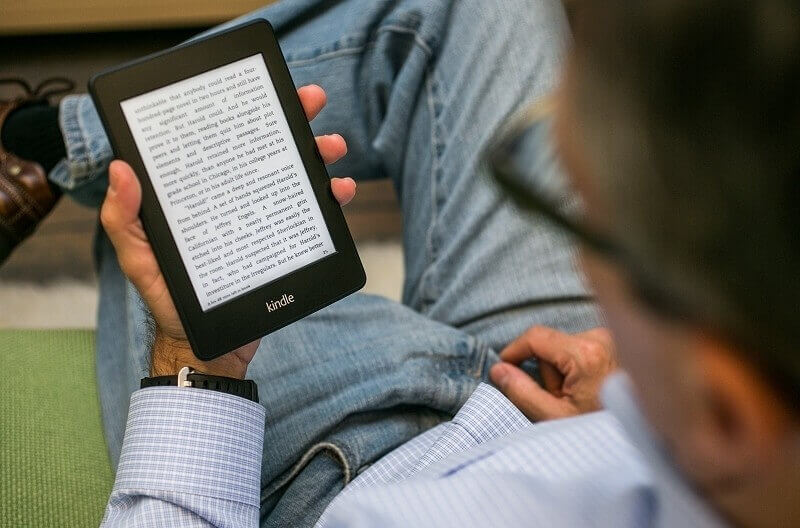
At the beginning of this decade, the popularity of e-book readers such as the Amazon Kindle led to claims that “print was dead.” But last year saw a sharp decline in the number of consumer e-book sales, while physical books and journals enjoyed a resurgence.
According to the Association of American Publishers, e-book sales in the US fell 18.7 percent during the first nine months of 2016. Over the same period, paperback and hardback sales were up 7.5 percent and 4.1 percent, respectively.
It was a similar story in the UK, where the Publisher’s Association reports that consumer e-books declined by 17 percent in 2016, while sales of their physical counterparts went up by 7 percent. Children’s books did especially well, jumping 16 percent.
“I wouldn’t say that the e-book dream is over but people are clearly making decisions on when they want to spend time with their screens,” Stephen Lotinga, chief executive of the Publishers Association, told The Guardian.
“There is generally a sense that people are now getting screen tiredness, or fatigue, from so many devices being used, watched or looked at in their week. [Printed] books provide an opportunity to step away from that.”
Sales of e-book readers have fallen by almost 50 percent since they peaked in 2011, earning them a place on our recent ‘Biggest Tech Fads of the Last Decade’ feature. Their decreasing popularity has contributed to the slump in e-book sales.
The Pew Research Center found that 65% of Americans reported reading a printed book in the past year, compared to only 28% who read an e-book. A quarter of the population had never read a book of any kind, be it print, electronic, or even audio.
https://www.techspot.com/news/69141-physical-book-sales-increase-e-book-popularity-continues.html